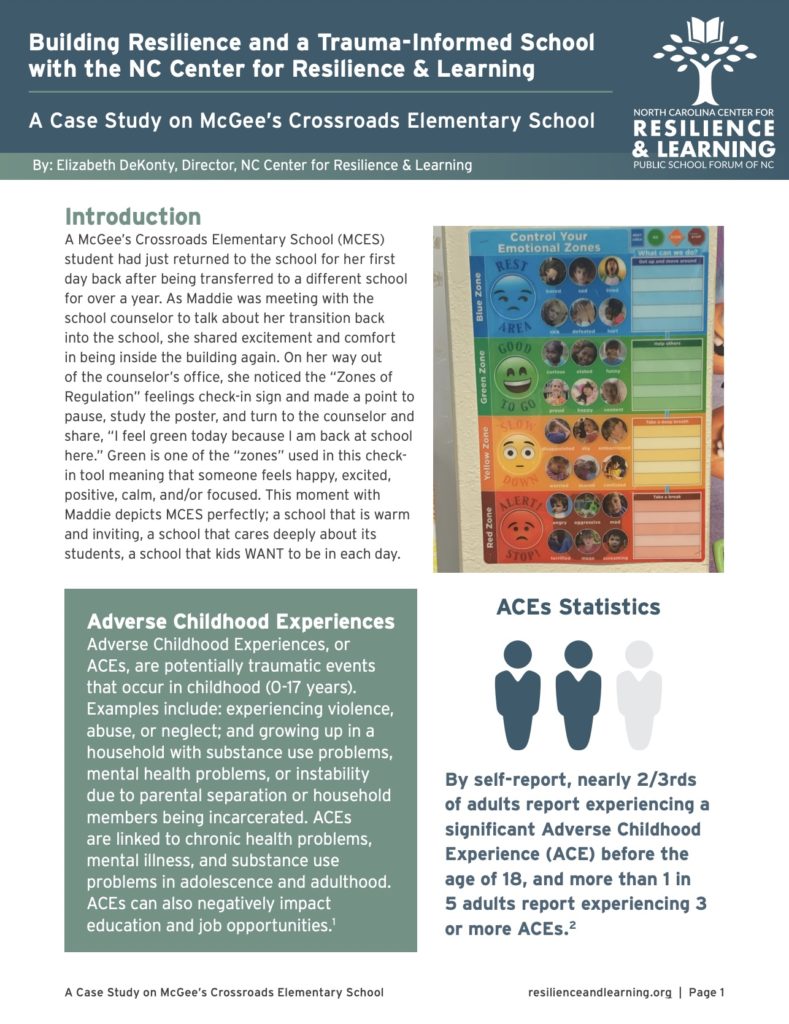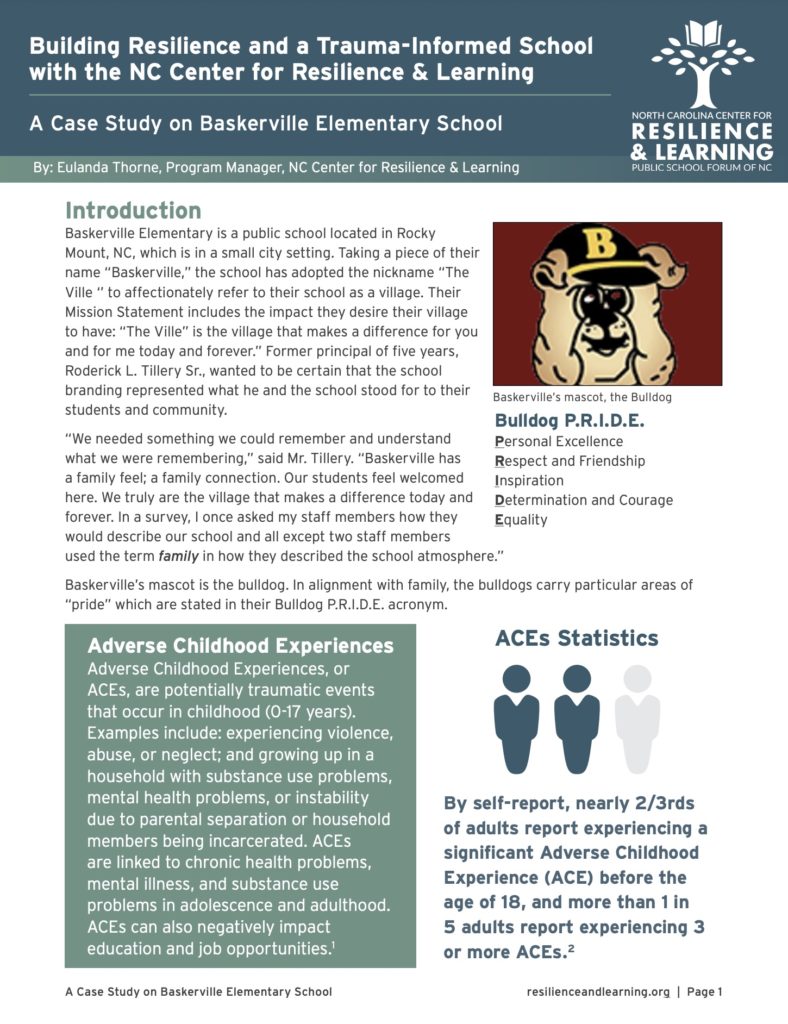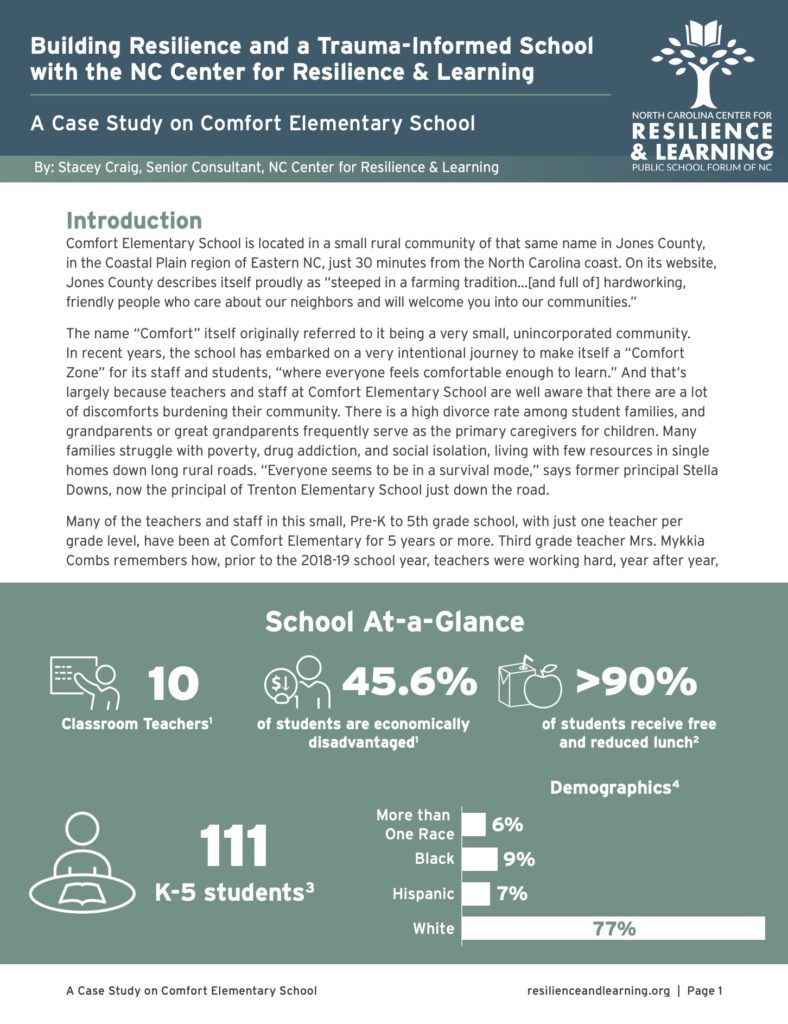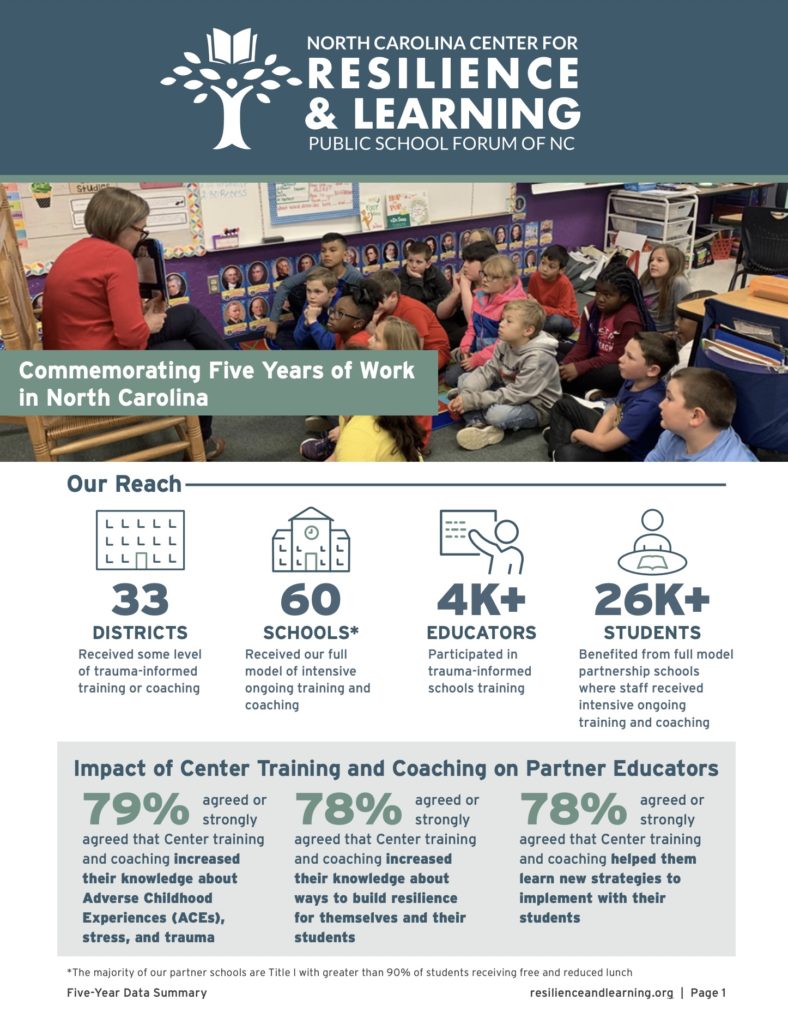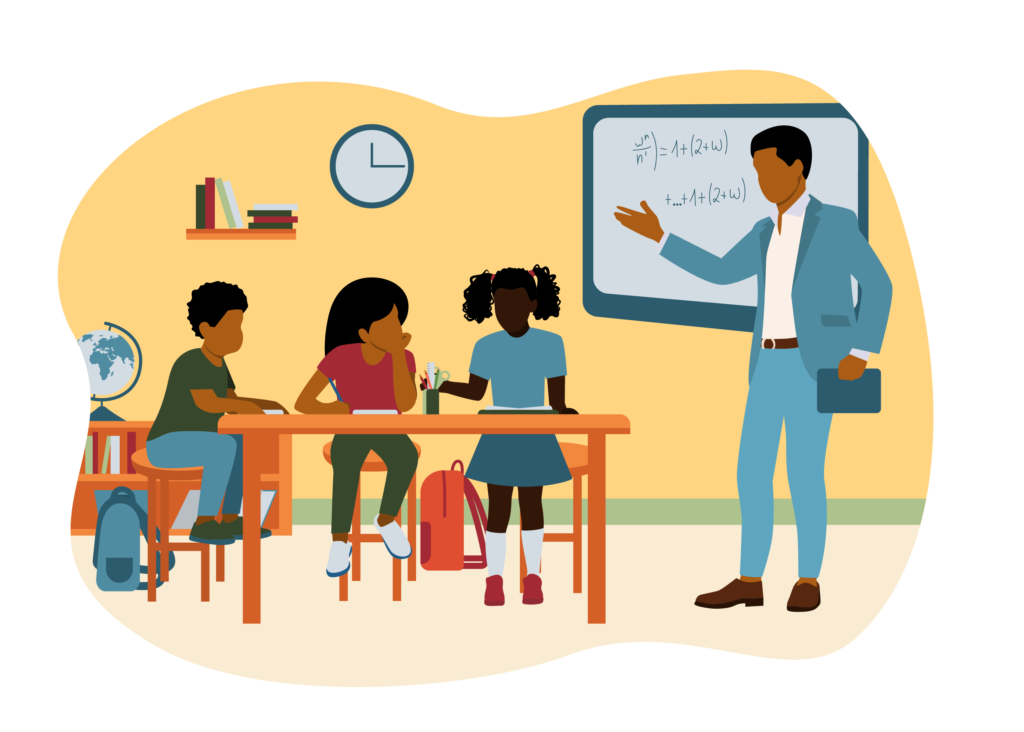
We have seen this work truly transform schools. Many of our partner schools have had a complete culture shift and now focus much more on building relationships, safety, and connection in their buildings. Staff see student behavior in a different way and are really asking “what happened to you” instead of “what’s wrong with you.” With this mindset shift, schools are putting into place new interventions and practices that provide support and connection along with teaching new skills related to regulation and social and emotional learning instead of immediately turning to punitive responses and removing students from the classroom or school. Click here for recent highlights of our work in the news.
- 70% of our partner educators said they saw changes in their relationships with students while working with the Center for Resilience & Learning.
- 69% of our partner educators noticed changes in how they think about causes of misbehavior or in their responses to misbehavior.
Our Reach
*The majority of our partner schools are Title I with greater than 90% of students receiving free and reduced lunch
Stories from our Partner Schools: In-Depth School Case Studies
Research in the field of trauma-informed schools is still in its infancy and Covid-19 interrupted data collection and evaluation efforts even further. Prior to the launch of the NC Center for Resilience & Learning, early findings from other states leading trauma-informed schools initiatives included:
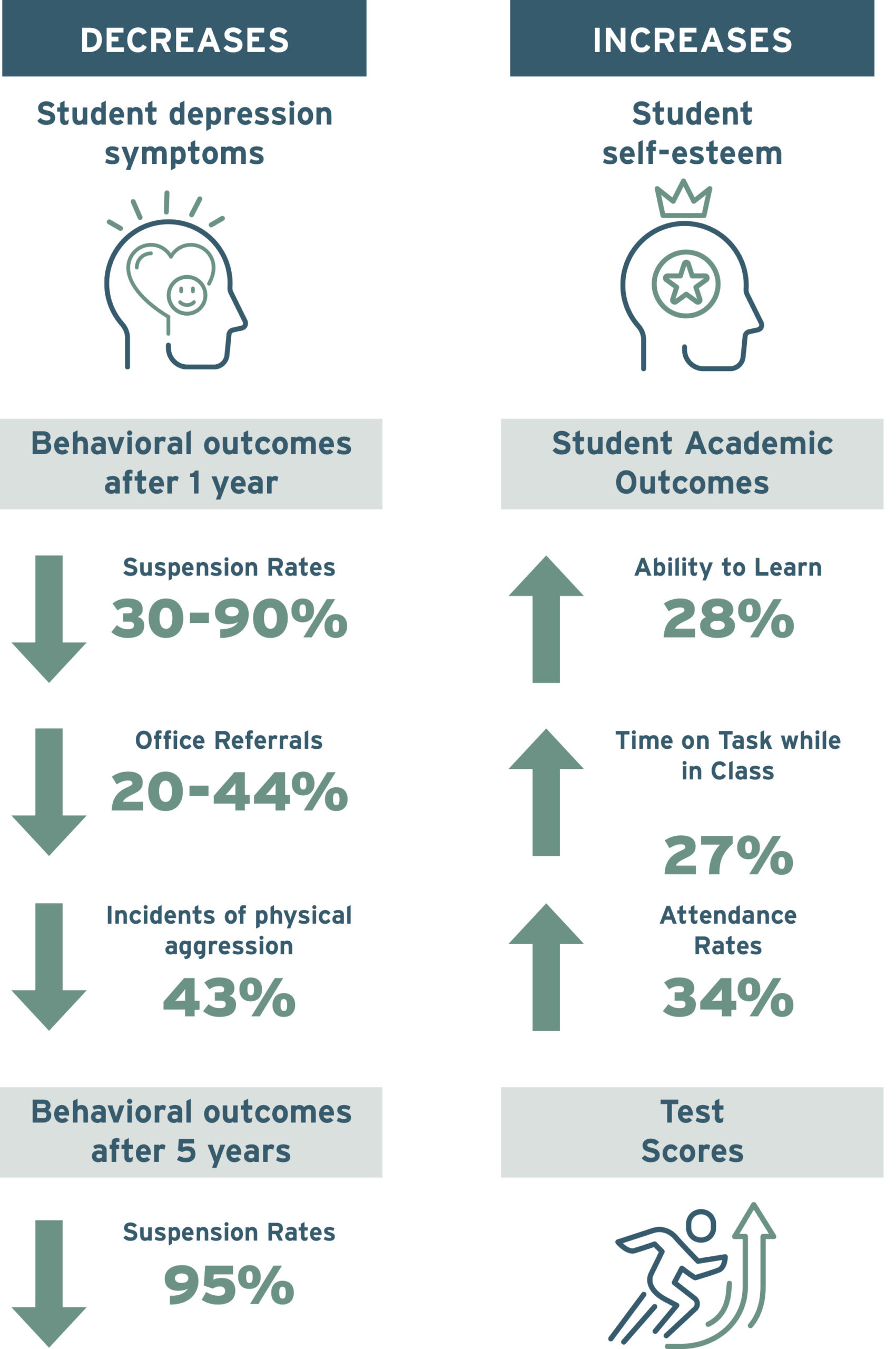
Source: Dorado, et al (2016) & Stevens (2012)

